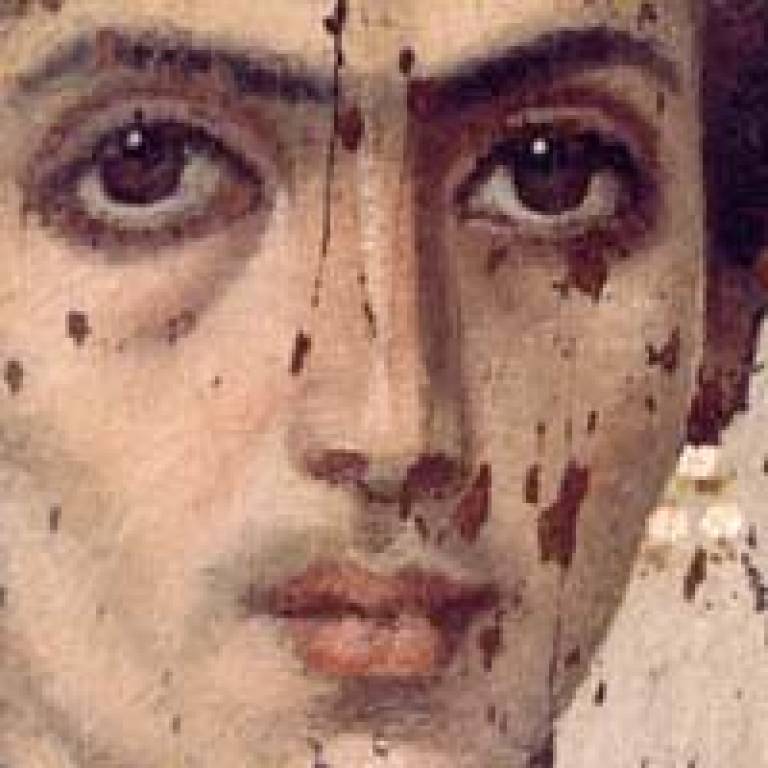UCL Petrie Museum has now re-opened
23 September 2010
Links:
 ucl.ac.uk/museums/petrie/" target="_self">UCL Petrie Museum official website
ucl.ac.uk/museums/petrie/" target="_self">UCL Petrie Museum official website
For the first time in over 30 years, the UCL Petrie Museum has staged a major redisplay of its collection of 80,000 Egyptian and Sudanese artefacts.
Highlighted in this new display are some of the museum's many 'firsts': a dress from 5000 BC; the earliest example of metal from Egypt and the oldest will on papyrus paper.
The experience of visiting the Petrie Museum is now further enhanced by a new multi-purpose space where visitors can test cutting-edge technological tools developed at the museum. Visitors will be able to use the museum's 3D image kiosks to 'virtually' pick up and rotate priceless artefacts to see them from different angles and perspectives. The new space will also host the museum's dynamic programme of lectures, object-handling sessions, temporary exhibitions, and music and film events.
Professor Stephen Quirke, curator of the Petrie Museum, explained: "The Petrie takes on one of the most important tasks for museums and universities today - rehumanising the past."
This project is part of UCL Collections' new initiative to reveal the highly innovative, experimental and interdisciplinary work taking place in university-based museums.
The UCL Petrie Museum is free to enter and is situated in the main campus on Malet Place.
Image: Roman period mummy portrait (first to second centuries AD), part of the world's largest collection of these portraits at the Petrie Museum
UCL Context:
The Petrie Museum houses UCL's Egyptian and Sudanese collections. Its importance was officially recognised in 1998 when it was designated by the UK government as being of 'outstanding importance'. Despite its small facility, it ranks with the British Museum, Metropolitan Museum in New York and Neues Museum in Berlin as one of the top specialist collections of objects from the Nile Valley region.
The collection is comprised of artefacts excavated by Sir William Flinders Petrie, commonly known as the Father of Modern Egyptology and a pioneer of modern archaeological methods. The collection is unique because it is one of the few that comes from properly documented excavations.
Related News:
New and improved
UCL exhibition spaces
Improving the
lives of mothers and children
Exhibition
explores why science loves a rough diamond
Grant Museum
moves to new site
 Close
Close

